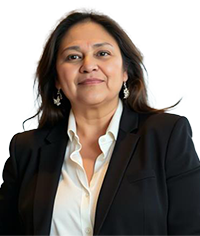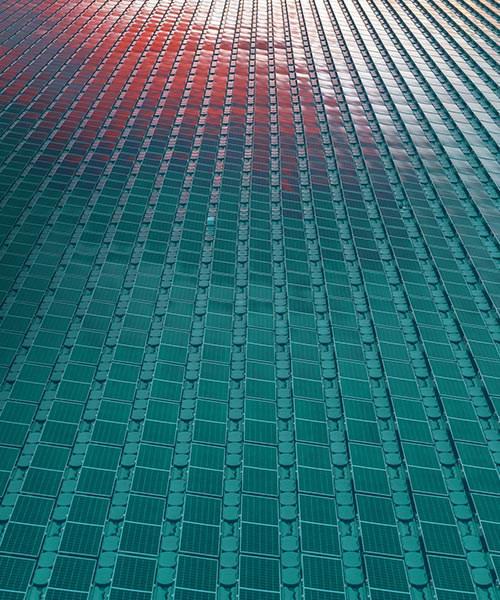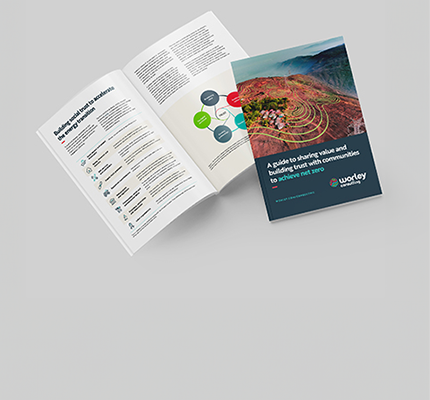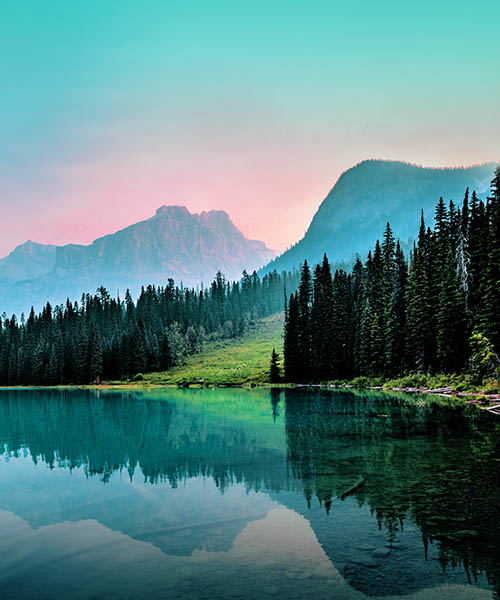May 22, 2025 • 3 min read
The Desika Indigenous partnership

Sharing value with community
Our Indigenous partnership: Desika
Desika was born from this understanding. Operating in the remote Athabasca region of Alberta, about 500 kilometers north of Calgary in Canada, it is helping to enhance local social, economic and sustainability outcomes by delivering environmental and engineering consulting services. These include services for decommissioning and restoration, environmental management, water stewardship, approvals and geoscience.

Leveraging Indigenous traditional knowledge to create opportunities
We launched the partnership in 2019 as Mikisew Advisian Environmental, a collaboration between the Mikisew Group of Companies (owned by the Mikisew Cree First Nation) and Advisian (now Worley Consulting). The name was changed to Desika in February 2023, when the partnership was expanded to include Fort McKay Landing (Fort McKay First Nation’s wholly owned investment arm).
“Desika is a reflection of our deep commitment to protecting the land and waters that have sustained Indigenous Peoples for generations,” says Jaz Seera, director of corporate development with Mikisew Group.
“By combining Indigenous wisdom with innovative environmental strategies, we are creating long-term economic opportunities for the Mikisew Cree First Nation while ensuring the preservation of our natural resources. Together with Fort McKay First Nation and Worley, we are building a legacy of sustainability and reconciliation.”
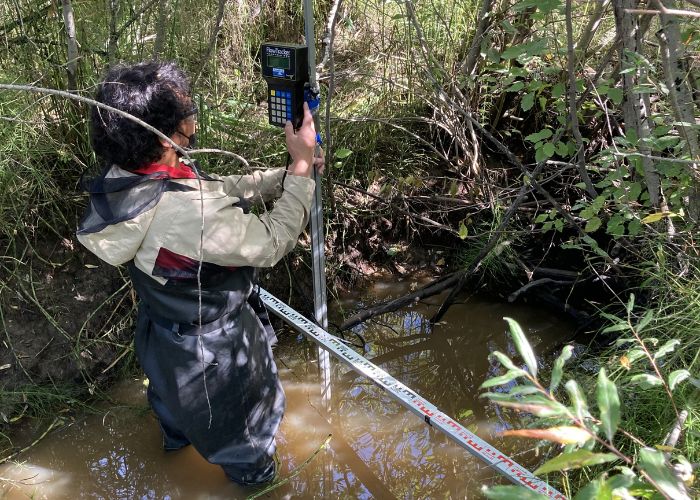
Improving outcomes from generation to generation
Desika works on the principle that if projects can achieve greater sustainability outcomes by drawing on local knowledge, those benefits can be shared by asset owners, contractors and the community. When the benefits include training, skills development and income generation they can also have an intergenerational impact for local Indigenous communities.
The partnership employs Indigenous People and its activities have opened up other local employment opportunities. It also participates in community events and has created new skills programs.
So far, Desika has completed more than 50 environmental projects across northern Alberta. For example, Fort McKay First Nation hired Desika to carry out a large-scale environmental site assessment so that the Canadian government could hand over administration of more than 15,000 hectares of reserve lands.
The project required site visits, interviews and reviews of historical records, as well as close collaboration with Fort McKay First Nation leadership.
Further, we recruited and trained members of Fort McKay First Nation and their local expertise helped ensure we completed the project on time and under budget.
Rehabilitating local ecosystems to improve biodiversity
Desika is a combination of the Dene word des (water) and the Cree word minosihtahk (restore). The name speaks to the journey towards reconciliation through environmental sustainability. The reference to water is also significant.
Lake Tourangeau, in Northern Alberta, is another important project enabled by Desika. It provided engineering and environmental habitat design services to build the 26 hectare lake, which was created to compensate for habitat disturbed by mining.
As part of the project, the Desika team consulted with seven Indigenous communities whose territories shared the lake shore before starting work. This enabled the success of the project, and the lake is now home to 10 native fish species.
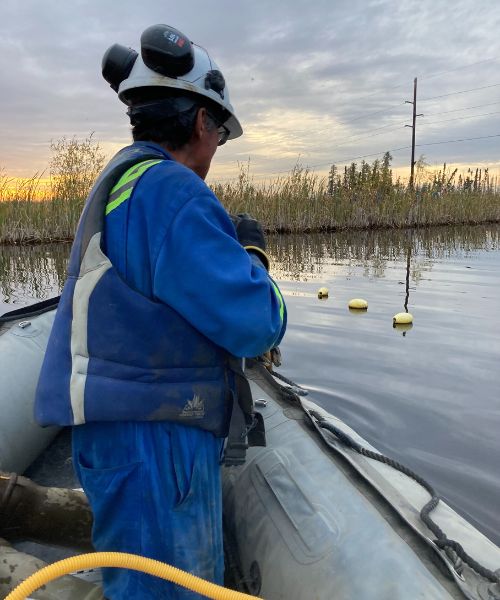
“Working with the traditional caretakers of the land where our people and our customers work and play is important to the future of our people and the planet,” says Indigenous business partnership director, Mark Greenhalgh.
“We’ve had great success through our partnership with the Mikisew Group and Fort McKay Landing so far. We look forward to more opportunities to learn from one another, grow together, and deliver sustainable outcomes to our customers in the Athabasca region.”

